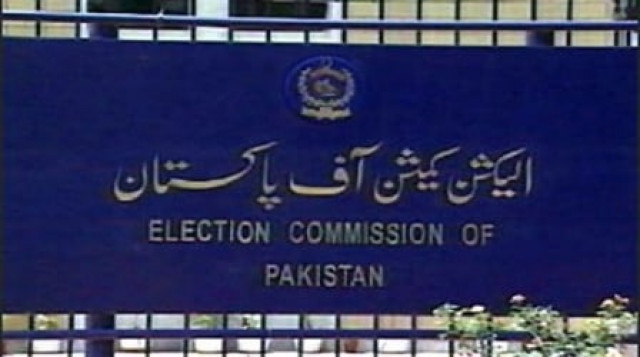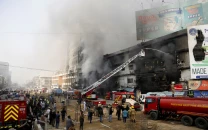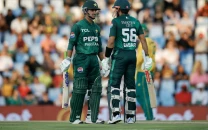Ministers warned against meddling in elections
EC says PM, CM's and their cabinet members cannot visit the constituencies where polls are taking place.

Ministers warned against meddling in elections
The strongly-worded statement came from the office of the Chief Election Commissioner who said that once the schedule for an election is announced the prime minister, chief ministers, their advisers and federal and provincial ministers cannot visit the constituencies where polls are taking place.
The commission has received complaints that the prime minister, the chief ministers and their cabinet members use state resources and their clout to get the desired results.
While unlawful, it is common practice for people in the government to visit constituencies and campaign for their party’s candidate.
In addition, elected members will not “openly or in secret give any subscription or donation or make promises” to do so, the ECP said. They will also be barred from inaugurating or announcing development projects that could influence the results of an election.
A high-level meeting to discuss the issue was held by the ECP with representatives of central and provincial governments on September 16.
In its letter to federal and provincial authorities, the ECP warned that if a person misuses his official position in a manner deemed as influencing the results of the election he can be punished with imprisonment for up to two years or be fined up to two thousand rupees. Since there is no special law ascribing punishment to public office holders if they violate the law, the commission said it would book them under contempt of court. Under the law, the CEC has powers of a high court judge and can initiate contempt proceedings.
The commission also tried to address the trend of transferring civil servants during elections, saying that transfers and postings will not be allowed once the election schedule is announced. In case of exceptional circumstances, the authorities would have to seek the ECP’s permission.
Published in The Express Tribune, September 29th, 2010.



















COMMENTS
Comments are moderated and generally will be posted if they are on-topic and not abusive.
For more information, please see our Comments FAQ